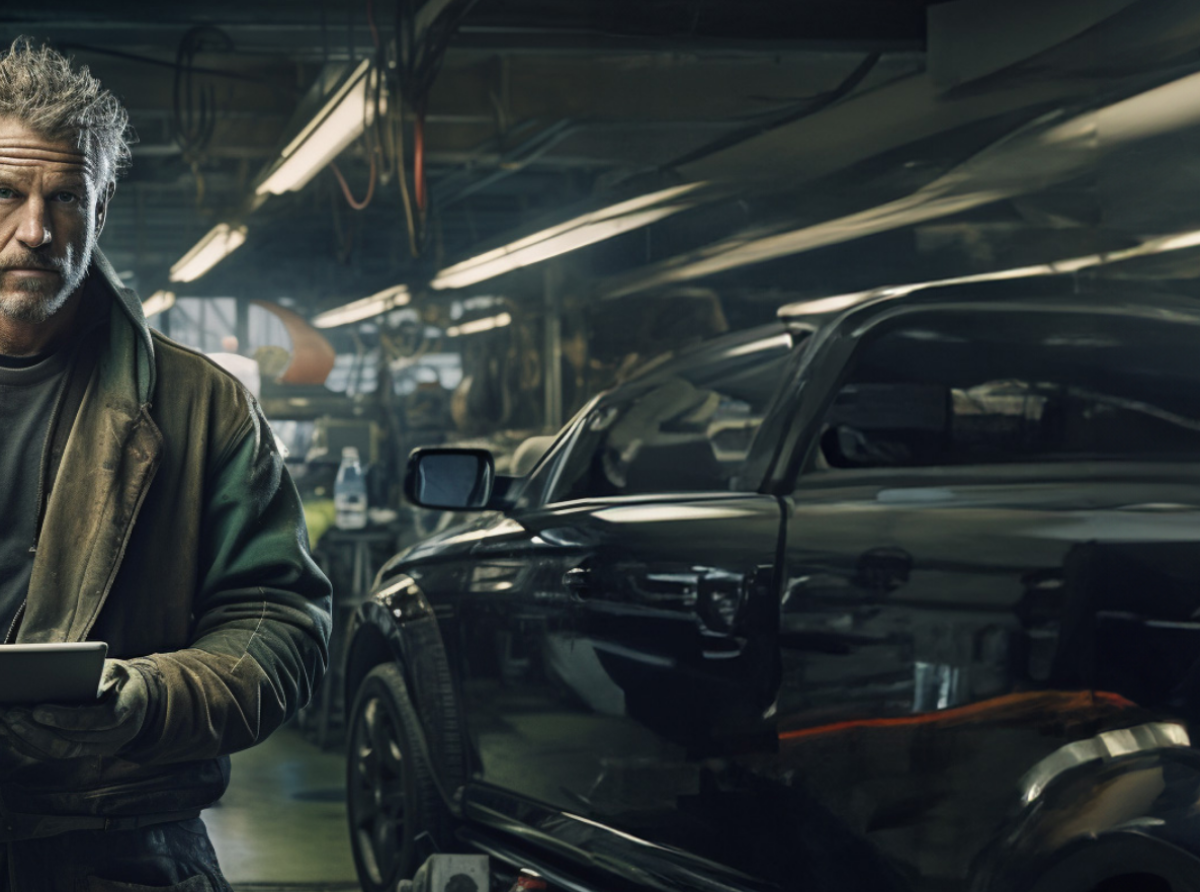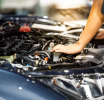Diagnostic Tools : The Ongoing Evolution Transforming Garages

Automotive mechanics has never been static, but in recent years, advances in diagnostic technologies have revolutionized the trade. Garages, once dominated by manual tools, are now brimming with tablets, scanners, and other connected systems. But make no mistake, this is no passing trend—digital tools have become indispensable allies for diagnosing problems faster and more efficiently. For today’s mechanic, mastering these tools is no longer a luxury but a necessity.
A Revolution in Diagnostics
In the past, automotive diagnostics relied heavily on intuition and experience. A mechanic’s ear was their primary tool, able to detect a misaligned belt or a sputtering engine. But with the increasing complexity of modern vehicles, this approach is no longer sufficient. Enter modern diagnostic tools, particularly OBD-II scanners. Today, you plug in the scanner, and within seconds, you know where to look—no more guesswork.
The OBD-II system, introduced in the 1990s, allows cars to communicate with technicians via error codes. This has transformed workflows, speeding up the diagnostic process and reducing uncertainty. Beyond basic scanners, more sophisticated tools like remote diagnostic systems now enable interventions on a vehicle without it even being in the garage. These systems collect real-time data, allowing technicians to monitor vehicle performance remotely, often before the customer even notices an issue.
Efficiency in Service of Repairs
The benefits for mechanics are clear: these tools save precious time. A problem that might have taken hours to identify manually can now be detected in minutes using an OBD-II scanner. Better still, remote diagnostic systems can prevent breakdowns before they occur. Imagine a scenario where a customer doesn’t even need to visit the garage for a diagnosis. With the right tools, interventions can happen before the issue becomes serious.
Moreover, these innovations streamline garage operations. Instead of disassembling parts of the vehicle to locate an issue, technicians know exactly where to intervene. This reduces the time spent on each vehicle, allowing more repairs in a day and boosting profitability.
The Impact of Tools like Aristauto
Among the solutions available to garages, Aristauto, an innovation by RemTech Auto Solutions, stands out. It’s not just a diagnostic tool but a comprehensive remote technical assistance service. Mechanics can consult experts to help resolve complex issues or obtain essential information, such as manufacturer PIN codes required for certain vehicle reprogramming tasks.
Aristauto also provides fast, personalized support. In case of a problem, mechanics can get a response in minutes without needing to schedule an appointment. Even small workshops, which may lack access to specialized technicians, can solve complex problems without sending the vehicle to a dealership—a massive advantage in a sector where every minute counts.
A system like Aristauto eliminates barriers to advanced technologies. Instead of investing in costly equipment, garages can access these services through a subscription model, reducing upfront costs and enabling workshops of all sizes to benefit from state-of-the-art technical support. This kind of assistance is especially valuable for small garages that might feel overwhelmed by the growing demands of modern vehicles.
For small shops, the upfront costs of these new tools can be daunting. Purchasing high-quality scanners or subscribing to services like Aristauto is an investment. However, that investment is quickly paid for by the efficiency these tools provide.
The Ongoing Challenge of Training
Another challenge for repair shops is continuous training. Even skilled mechanics must stay up to date with the specific knowledge required for modern electronic and software systems. Technology evolves rapidly, and keeping up requires time and resources. However, for those who invest in training for themselves and their teams, the rewards are significant. Garages proficient in these technologies can address a broader range of problems, increasing their appeal and competitiveness.
Looking Ahead: Ever More Sophisticated Tools
What does the future hold for garages? With the rise of electric and autonomous vehicles, diagnostic tools will continue to evolve. Upcoming challenges are likely to focus more on software than mechanical components. Diagnostic tools will need to interface with the AI systems embedded in these new vehicles to solve subtler and more complex issues.
It’s likely that tools like Aristauto and others will continue to evolve, integrating more features to meet these new challenges. Garages that adapt to this new reality will gain a significant competitive edge, while those who resist adopting these technologies risk falling behind.
Conclusion
The world of automotive mechanics is changing rapidly, and digital diagnostic tools are at the forefront of this transformation. Garages now have unparalleled means to speed up diagnostics, enhance repair accuracy, and provide better service to their customers—from OBD-II scanners to advanced services like Aristauto. But these technologies come with challenges: costs and continuous training remain obstacles, especially for small workshops. However, for those willing to adapt, the future is bright, with opportunities to deliver ever more efficient services in a constantly evolving industry. Digital diagnostics is no longer just another tool in the mechanic’s kit—it’s a revolution transforming how work is done. And in this rapidly changing landscape, it’s better to be ready to adapt.


 En
En  Fr
Fr 




